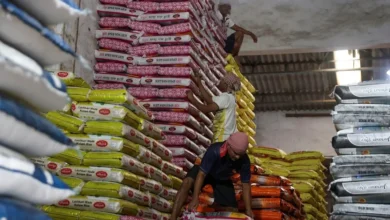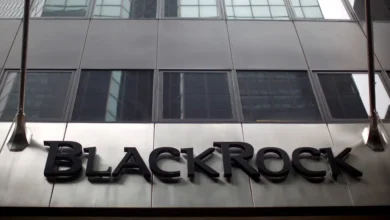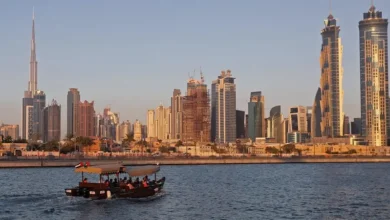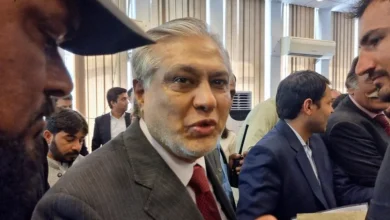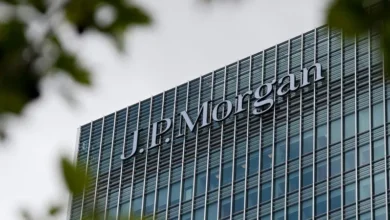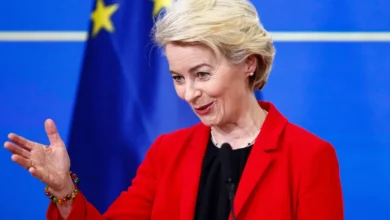Coffee trumps economic crisis as Tim Hortons opens in Pakistan
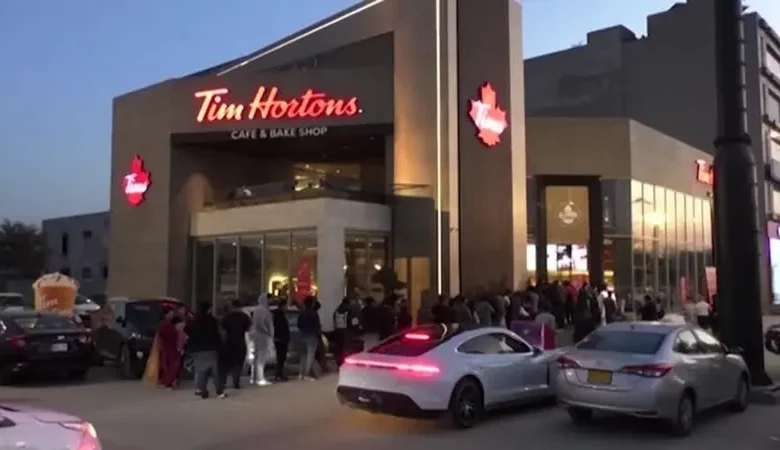
Pakistanis are queuing for hours to grab coffee and pastries from Canadian chain Tim Hortons, which opened its first outlet in the South Asian country this week just as its economic crisis took a turn for the worse.
In less than a month, Pakistan’s currency has lost more than a quarter of its value against the US dollar, and fuel prices have risen by almost a fifth as the government implemented fiscal measures that are prerequisite to unlocking funds from an International Monetary Fund bailout.
Inflation in January spiked to 27 percent year-on-year, the highest in more than a decade, and the government only has enough foreign reserves to pay for just over three weeks of imports.
All that hasn’t stopped scores of Pakistanis from thronging to the cafe since it opened on Saturday at an upmarket Lahore shopping mall.
Tim Hortons is owned by Restaurant Brands International Inc (RBI), a Toronto-based company that also owns other fast food brands including Burger King and Popeyes.
“Higher prices don’t really matter for the class of people coming here,” Ahmad Javed, a medical student who used to go to Tim Hortons while he was living in Canada, told Reuters as he queued up.
“Rich people in Pakistan are getting richer, the poor are becoming poorer while the middle class is struggling.”
According to its online menu, a small brewed coffee costs 350 rupees ($1.30), while a large flavored coffee is twice as much. By comparison, the average government-mandated minimum wage is 25,000 rupees ($94) a month.
With a population of more than 230 million and a $350-billion economy, Pakistan remains a growth market for fast-food companies. McDonald’s, Retail Food Group -owned Gloria Jean’s Coffee and Yum Brands Inc -owned Pizza Hut are among the international brands with outlets in Pakistan.
Tim Hortons is set to open another two outlets in Lahore, RBI said in a statement. Pakistani firm Blue Foods operates the franchise. Both companies declined to give any details about the outlet’s sales in the opening week.
For students such as Pareeshay Khan, the brand’s social media traction trumps the cost of the coffee. “I’m here to taste the coffee that’s the top social media trend. I don’t know about the price, nor do I care.”
